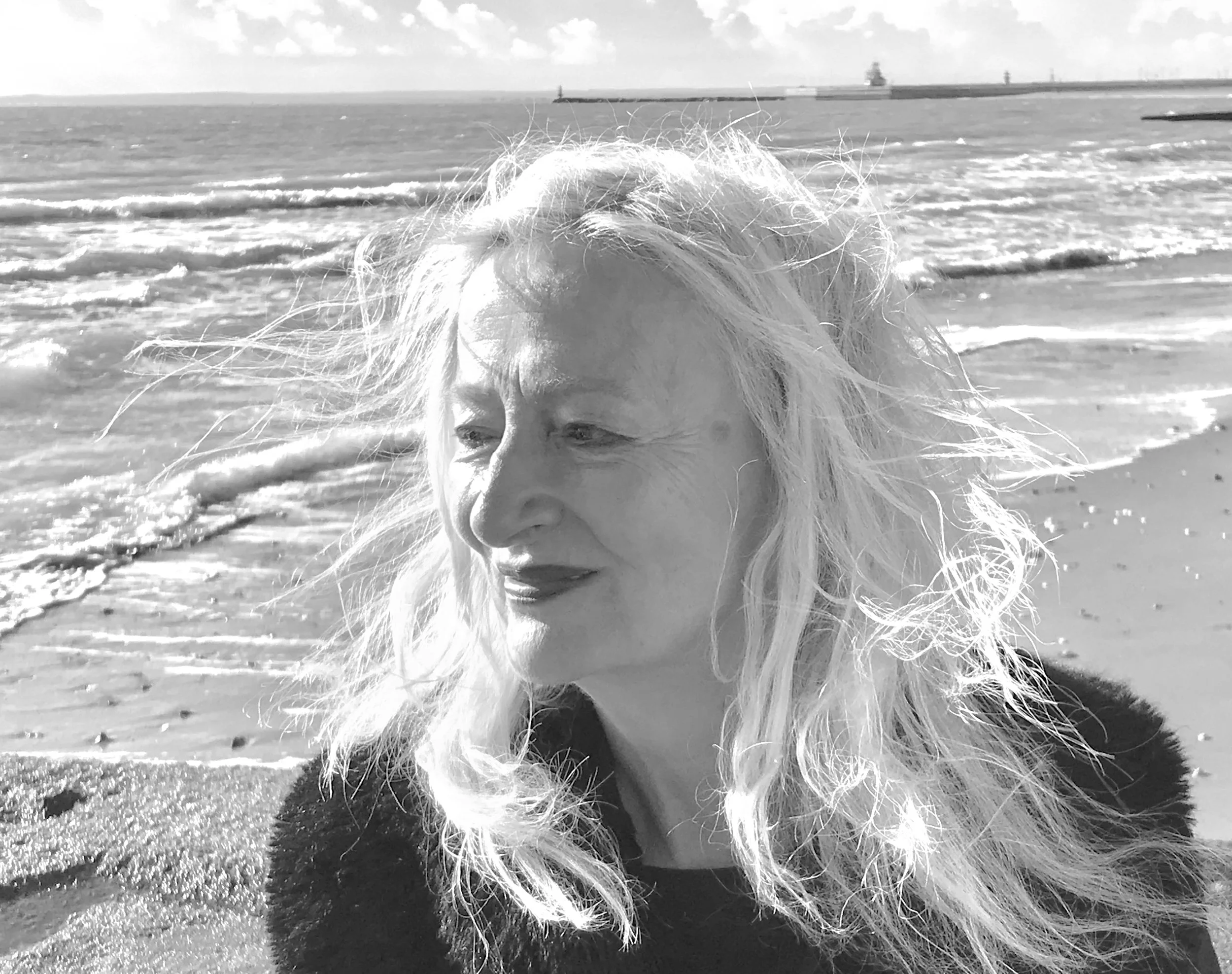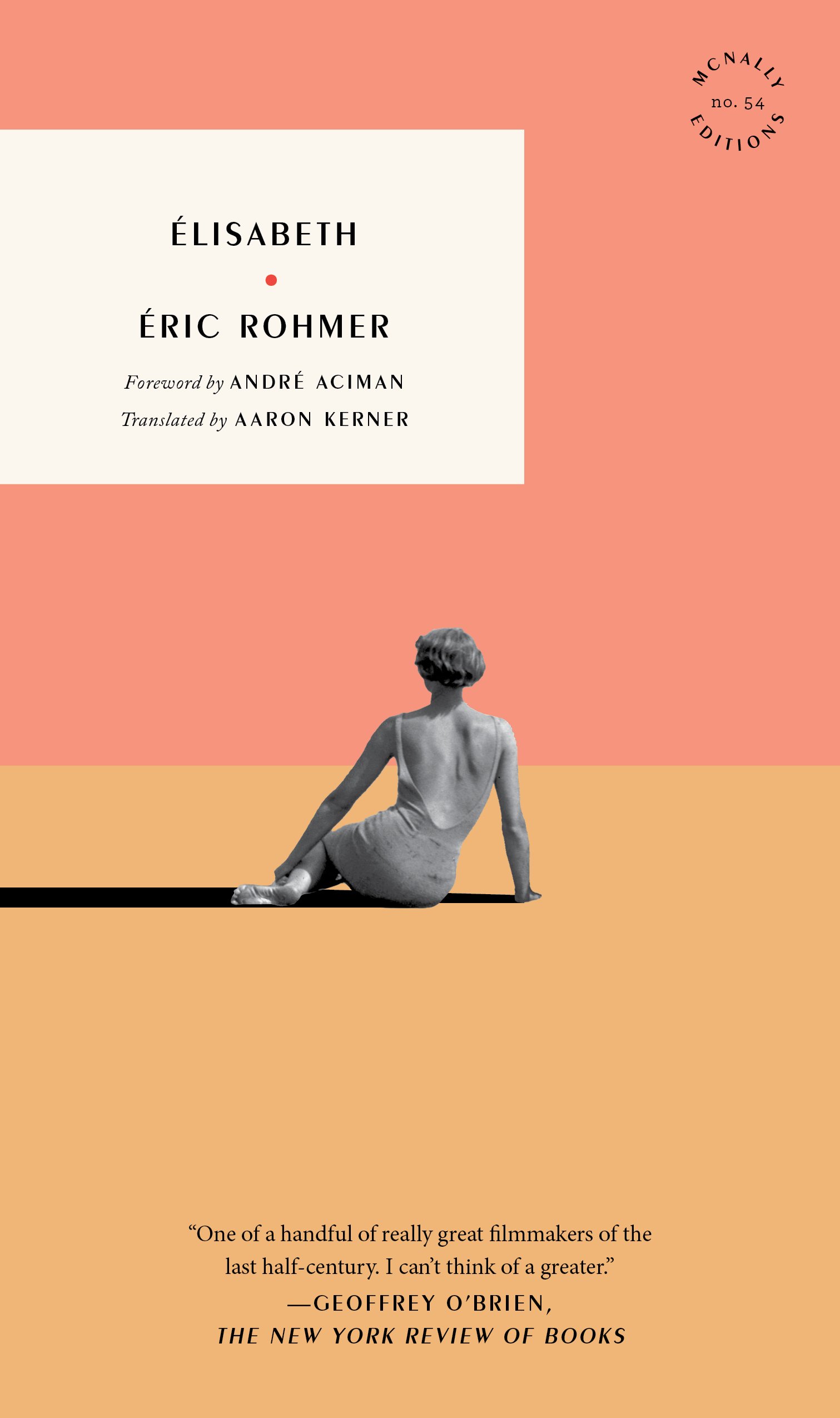Olivia offers herself to her younger lover Rosario completely, but he keeps her at a distance, maintaining his relationship with Jess; a university student with whom Olivia grows obsessed. When Rosario disappears without explanation, Olivia cracks open the hermetically sealed world of their trysts, abandons her life in London, and pursues him to Italy, travelling south until she reaches his homeland of Sicily. Here, beneath the sizzling, dangerous sensuality of Mount Etna herself—“like a lady lying on her back exhaling smoke, her long neck voluptuously bare, her hair rippling down where the mountainside is scored in pale streaks, her head thrown back”—Olivia’s quest leads to the ruins of Rosario’s childhood village, destroyed in the earthquake of 1968.
Unpublished during its author’s lifetime, this trailblazingly sensual portrait of female desire is the most powerful thing Kitty Mrosovsky wrote. It was also the last; written in the mid-1980s, shortly before she was diagnosed with the HIV infection that led to her death. “Witty, illuminating and replete with life, an extraordinary one-off performance to savor before the theatre went dark,” writes Maggie Gee in her foreword, Quake is “one of the few works of art that perfectly capture the bliss and tragedy of those phosphorescent years.”
“Quake, never published while Mrosovsky was alive, is witty, illuminating and replete with life, an extraordinary one-off performance to savor before the theatre went dark . . . For Olivia and her author there are no taboos: sex is an absolute good, described in epicurean detail as if it is delicious food for the hungry . . . Misunderstood and undervalued by publishers of the eighties and nineties, Quake is finally published now in an era when it can be seen for what it is: one of the few works of art that perfectly capture the bliss and tragedy of those phosphorescent years.”
—Maggie Gee, From the Foreword
“Her language is full of rich alliteration and rhythm, her images are original.”
—Isabel Fonseca, Times Literary Supplement
“A writer of great intelligence and sensibility who never received the critical attention she deserved.”
—Amanda Mitchison, The Independent
Kitty Mrosovsky (1946–1995) was born in England though spent the formative years of her childhood in Tunisia and Rome, where her Russian-Italian father—a close friend of Vladimir Nabokov’s from their student days together at Cambridge—was working as a geophysicist. After taking a first class honours degree and a BPhil in comparative literature from Somerville College, Oxford, Mrosovsky worked as a book reviewer, an Open University tutor, and a theater critic. She was also a talented pianist. Her highly acclaimed translation of Flaubert’s The Temptation of Saint Anthony (1980) was later reissued as a Penguin Classic, and her first novel Hydra (1985) received similarly enthusiastic applause. She was only 48 years old when she died.
Maggie Gee was a friend of Kitty Mrosovsky and a fellow alumnus of Somerville College, Oxford. She has published seventeen books, including a memoir, My Animal Life, reviewed for most British media outlets and judged many literary prizes, including the Booker. Her novels include Blood (2019), Virginia Woolf in Manhattan (2014), and the pioneering climate change fictions Where Are the Snows (1990), The Ice People (1997), and The Flood (2004). Her novel The White Family (2002) was shortlisted for the Women’s Prize and the International Dublin Impac Award. Her books have been translated into over 15 languages. She is a Professor Emeritus of Bath Spa University.
Quake
ISBN: 9781968671082
McNALLY EDITIONS no. 53 • Spring 2026 • Pub: Jun 9, 2026
$19 • Paperback with flaps • 5” x 8.5” • 288 pages
Fiction—20th century British / erotic / psychological / literary
Rights: World, Audio
eBook ISBN: 9781968671099
UK Pub: Jun 9, 2025 • UK Price: £13.99







